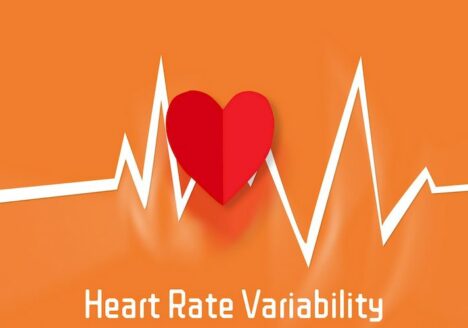Within the CORE Compass Framework, biofeedback is a powerful practice for achieving Resilience and Emotional Equilibrium. This therapeutic approach supports mental and emotional health by providing individuals with the tools to control physiological processes, reduce stress, and enhance overall well-being, making it an essential component of a balanced and fulfilling life.
Application in the CORE Compass:
- Resilience and Emotional Equilibrium: Biofeedback helps build emotional resilience and stability by teaching individuals to regulate stress responses and improve emotional control.
- Curiosity and Cognitive Growth: Understanding the benefits and techniques of biofeedback can foster intellectual curiosity and personal growth.
- Operational and Physical Vitality: Enhanced control over physiological functions can improve overall vitality and well-being.
Benefits within CORE Compass:
- Reduced stress and anxiety
- Improved management of chronic pain
- Enhanced focus and concentration
- Better regulation of blood pressure and heart rate
How to Integrate Biofeedback in CORE Compass:
- Education: Learn about the benefits and methods of biofeedback.
- Implementation: Incorporate regular biofeedback sessions into your routine to support mental and emotional health.
- Monitoring: Track your progress and adjust the use of biofeedback as needed to optimize benefits.
Conclusion: Biofeedback is a valuable tool within the CORE Compass Framework for achieving and maintaining emotional equilibrium and resilience. By integrating this practice into your daily routine, you can enhance your mental health and overall quality of life.
References:
- Lehrer, P. M., & Gevirtz, R. (2014). Heart rate variability biofeedback: How and why does it work? Frontiers in Psychology, 5, 756.
- Schwartz, M. S., & Andrasik, F. (2017). Biofeedback: A practitioner’s guide. Guilford Press.




